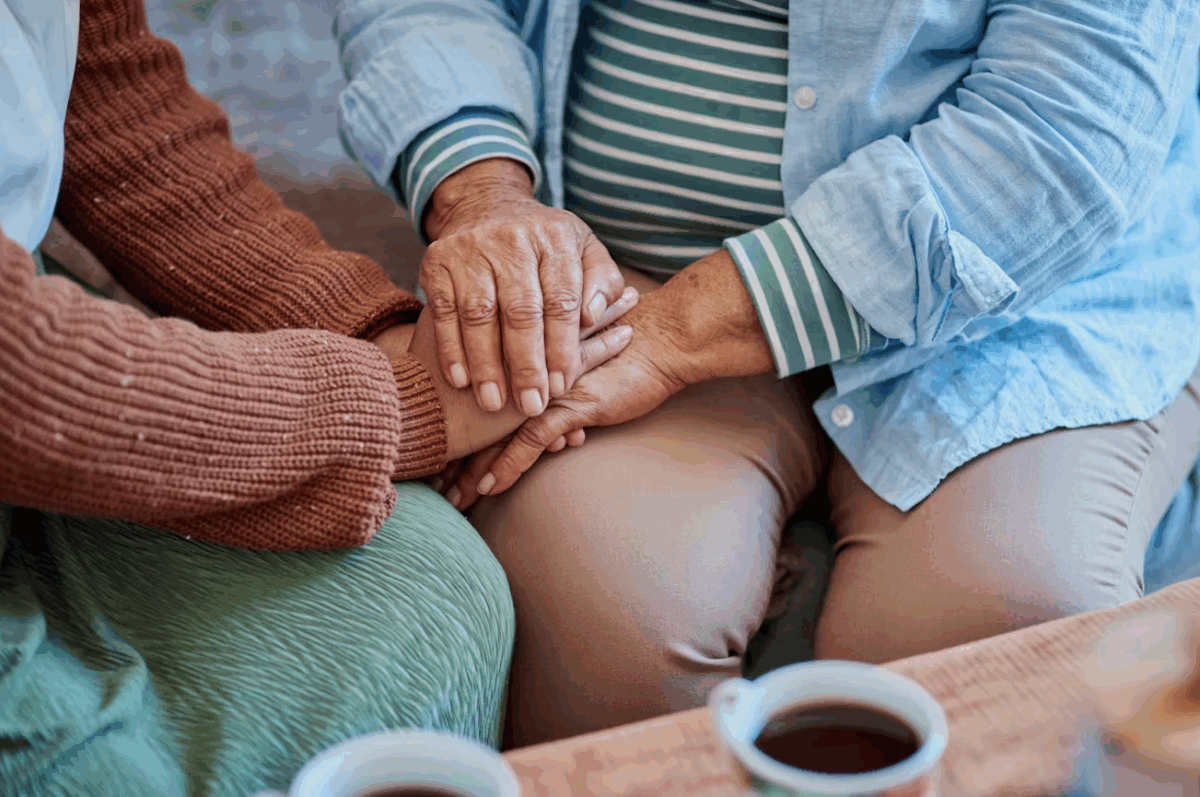Resources

Articles
Recognizing and Treating Sleep Apnea in Older Adults
Does your loved one snore at night? Are they often drowsy during the day? Have they developed balance issues, slower thinking, or experienced anxiety or depression? These symptoms may point to more than just aging—they could be signs of sleep-disordered breathing (SDB), most commonly known as obstructive sleep apnea.

Videos
19th Annual Katz Policy Lecture: Advancing Dementia Caregiving
The 19th annual Katz Policy Lecture examines groundbreaking research and innovations in dementia care. Dr. David Reuben, Archstone Professor at UCLA and leading expert on aging and dementia care, discusses comprehensive dementia care, provides updates on the Guiding an Improved Dementia Experience (GUIDE) payment model, and presents findings from the Dementia-Care Study (D-CARE), Lastly, Dr. Reuben highlights future directions in dementia care policy and research.

Articles
Planning Ahead: Why Housing is Key to Aging Securely
When we think about aging, we often focus on health, retirement savings and estate planning. But one of the most important and overlooked factors in aging securely is housing. Where we live as we grow older plays a huge role in our physical and financial stability and emotional well-being. Yet many people don’t consider the long-term impact of their housing decisions until it’s too late.

Articles
Identifying and Addressing Food Insecurity in Older Loved Ones
As a caregiver, you want to ensure your loved one is not only safe and comfortable, but also well-nourished. Yet for many older adults, consistent access to nutritious food can be a challenge. Food insecurity—the lack of reliable access to enough affordable, nutritious food—affects millions of older adults across the country. According to Feeding America, approximately 1 in 14 seniors faces food insecurity.

Articles
Why Mental Health Counseling Matters for Older Adults
May is Mental Health Month—a time to raise awareness and reduce stigma about mental health challenges that affect people of all ages. While mental health concerns are often associated with younger populations, older adults can and do experience depression, anxiety, grief and stress, especially during life transitions like retirement, the loss of a spouse or changes in health.

Videos
Understanding FTD: Diagnosis, Support and Resources for Patients and Caregivers
In this webinar, you’ll learn about the signs and symptoms of FTD, how it’s diagnosed, and the specific needs of both those living with FTD and their caregivers. We also highlight helpful resources and support services for GUIDE and non-GUIDE providers, offering valuable insight to better support patients and their families on their individual journeys.

Articles
A Personal Journey Through Caregiving for a Loved One with Early Onset Dementia
Dementia Friendly Week in Cleveland Heights is a time to learn, connect, and come together in support of those affected by dementia. Hosted annually by Heights Libraries, this weeklong event features workshops, book talks and educational programs like Dementia Friends sessions. It’s about more than information: it’s about building a community that understands and supports individuals with dementia and their caregivers. For Nancy Levin, Director of the Cleveland Heights-University Heights Public Library, the mission of Dementia Friendly Week is deeply personal.

Celebrating Milestones in Elder Care: A Look Back—and Forward—at Aging Policy in 2025
This year marks a momentous time for elder care in the United States. As we celebrate several milestone anniversaries of foundational aging policies, including Social Security turning 90 and Medicare, Medicaid, and the Older Americans Act (OAA) reaching 60, we are reminded not only of the progress made but also of the advocacy still required…

Videos
Celebrating Milestones in Elder Care
Join Benjamin Rose Institute on Aging and the Elder Justice Coalition as we mark the anniversaries of three groundbreaking pieces of legislation that have shaped the landscape of elder care in the United States: the Elder Justice Act, the Affordable Care Act (ACA), and the National Family Caregiver Support Program (NFCSP).